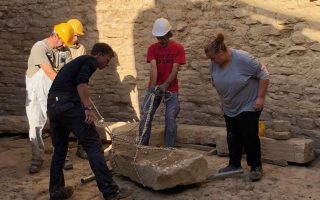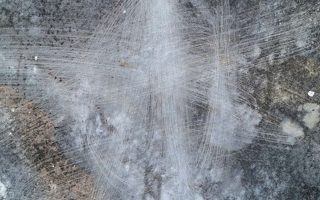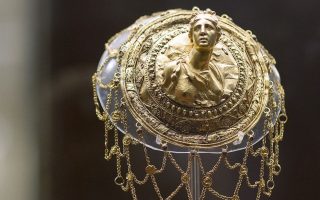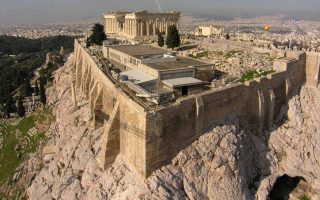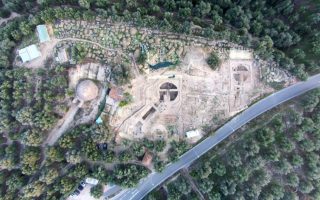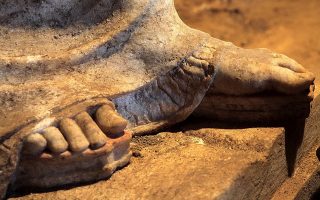Progress of island excavations to be presented in Athens
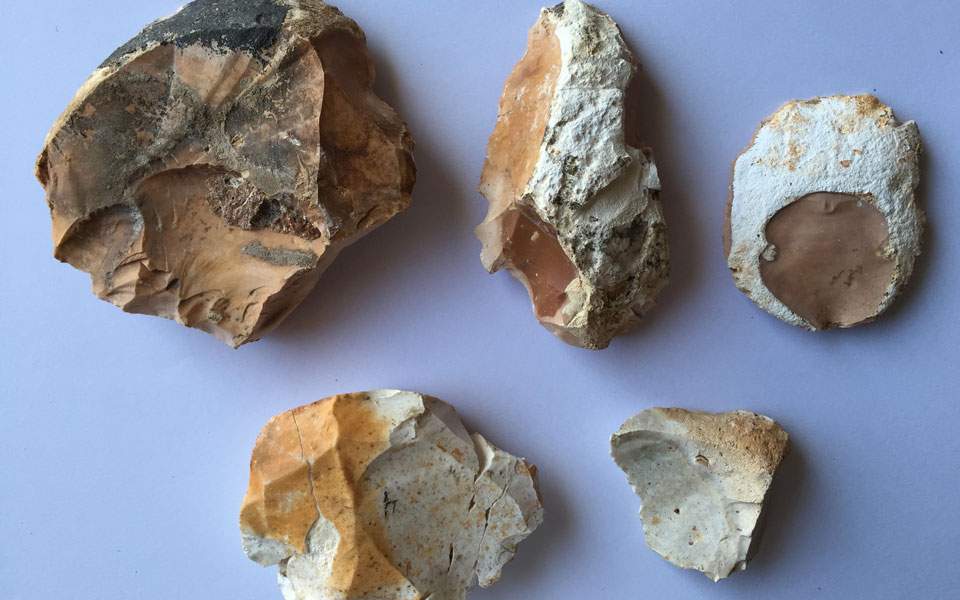
Athens University and the General Secretariat for Aegean and Island Policy will be presenting the most recent finds from five excavations that are taking place at important archaeological sites on the islands of the Cyclades and Ionian.
The event, which will take place on Wednesday afternoon at Athens University’s main building, will hear from experts on the ongoing digs at Palaiopolis on Andros, on Exemvourgo Mountain on Tinos, at Vryokastro on Kythnos, at the Koimisis site on the islet of Thirasia off Santorini and at Kythros Cave off the island of Lefkada in the Ionian Sea, the Athens-Macedonian News Agency (ANA-MPA) has reported.
Athens University has reportedly been excavating at Palaiopolis on Andros since 1987, uncovering evidence of thriving societies in what was once the island’s capital from the late 8th century BC to the 7th century AD, when it was eventually deserted.
The ancient settlement at Exemvourgo is said to have been founded shortly before 1000 BC by residents seeking to escape pirate raids along the coast of Tinos, with archaeologists uncovering a part of its fortification walls, a section of the residential settlement, two sanctuaries and a cemetery. Athens University has been active there since 1995.
Launched in 2002, the Vryokastro dig is younger and has yielded a trove of fascinating finds, including an archaic temple containing valuable votive offering and a complex of classical and Hellenistic public buildings. A separate excavation started in 2018 on a nearby islet has revealed evidence of activity from the pre-Cycladic period in the 3rd millennium BC.
On Kythros, archaeological research is being conducted by the University of Crete and also includes underwater investigations to shed light on life in the area during paleolithic times, while the Thirasia site is considered one of the most important and earliest urban centers to have developed in the Aegean in the 3rd and early 2nd century BC. That project is being run by the University of the Ionian, in cooperation with the universities of Crete and Athens.
